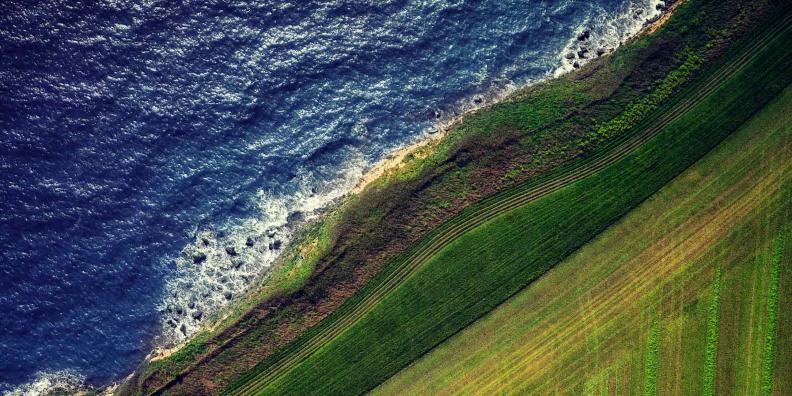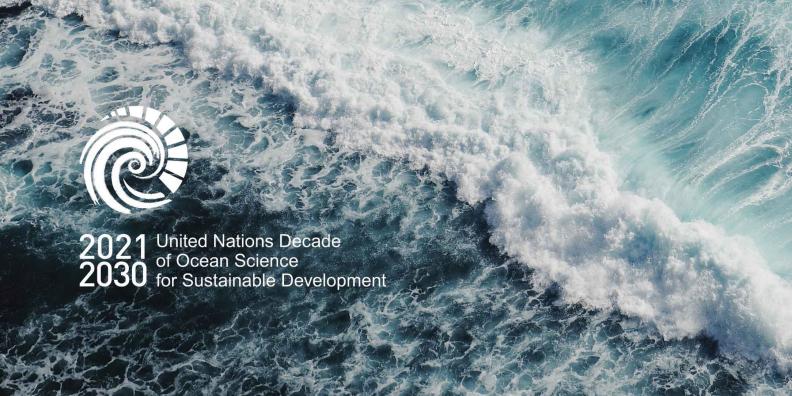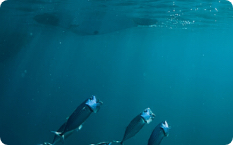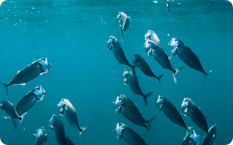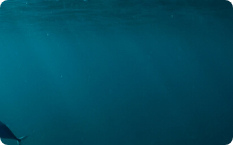Oostende, an EMBRC site, will host sample collection at land and sea
The ‘Traversing European Coastlines’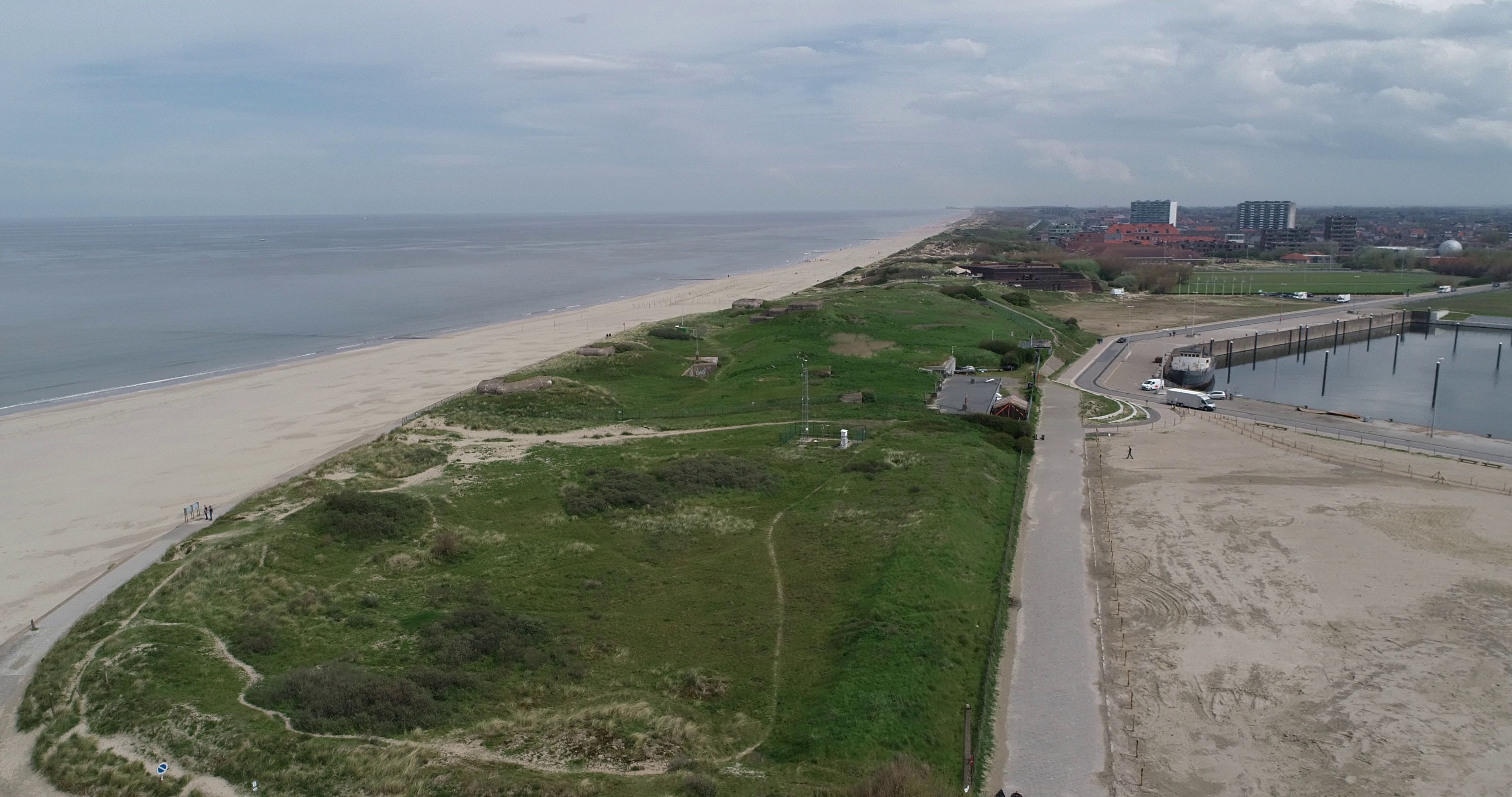 (TREC) project is the first pan-European, cross-disciplinary effort to examine life in its natural context at unprecedented scales. Oostende and surrounding areas in West Flanders will host sample collection at land and at sea as well as activities for the general public.
(TREC) project is the first pan-European, cross-disciplinary effort to examine life in its natural context at unprecedented scales. Oostende and surrounding areas in West Flanders will host sample collection at land and at sea as well as activities for the general public.
Our seas and coasts host an extremely rich diversity of life and play critical roles in the stability and sustainability of wider ecosystems. However, anthropogenic interferences are leading to accelerated loss of species’ genetic diversity and destruction of functional ecosystems. To minimise the future impact of such external factors on coastal biodiversity, we must understand the molecular and cellular basis of how organisms interact in ecosystems and react to external pressures in the context of their natural habitats.
TREC is the first continent-wide project to study coastal ecosystems and their response to the environment, on scales from molecules to communities. Led by the European Molecular Biology Laboratory (EMBL) together with the Tara Ocean Foundation, the Tara OceanS Consortium, and the European Marine Biological Resource Centre (EMBRC), TREC also involves national research institutes such as the Flanders Marine Institute (VLIZ) in Oostende, Belgium.
This scientific endeavour combines land- and sea-based expeditions along the entire European coast. At each point where the EMBL team with the mobile laboratory and collaborators will sample soil, sediments, and shallow water, the schooner Tara will sample the associated marine ecosystems – on the same day and in the immediate vicinity. At Oostende, the scientific activities will include soil, water and aerosol sampling involving EMBL’s mobile laboratories and onboard the Tara schooner along land-sea transects.
The scientific expedition
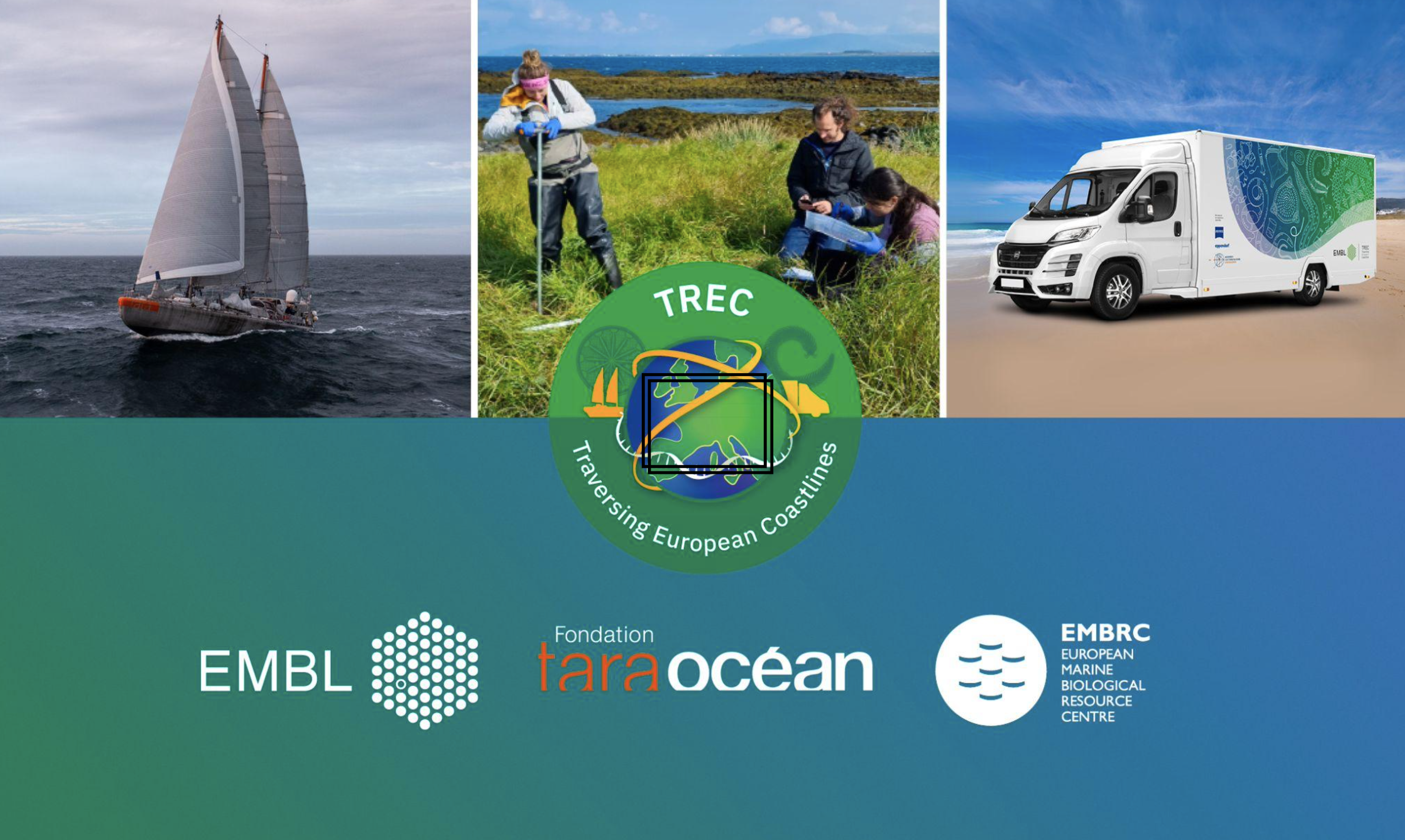 The TREC expedition brings together more than 150 research teams from over 70 institutions in 29 European countries. Scientists will collect soil, sediment, aerosol and water samples, as well as selected model organisms and numerous environmental data. Their work will cover different scales of life – from viruses and bacteria to algae, plants and animals – on land, in river estuaries, and at sea.
The TREC expedition brings together more than 150 research teams from over 70 institutions in 29 European countries. Scientists will collect soil, sediment, aerosol and water samples, as well as selected model organisms and numerous environmental data. Their work will cover different scales of life – from viruses and bacteria to algae, plants and animals – on land, in river estuaries, and at sea.
The scientific teams will study the biodiversity and ecosystems on land and at sea, as well as the interactions of organisms with each other and with the environment. They will also collect information on factors such as the presence of pollutants, antibiotics, pesticides, or hormones, as well as temperature, salinity, and oxygen levels.
In total, TREC will examine the biodiversity and molecular adaptability of life at the molecular scale at 120 coastal sampling sites across 46 regions in 22 European countries. Several of these sampling sites are located in and around Oostende.
The pan-European nature of this project means that samples will be taken in a standardised fashion. This will make it possible to compare and probe data across Europe instead of a regional or national system in a way that was not previously possible. TREC thereby builds on the resources, infrastructure, knowledge, and expertise provided by EMBL, Tara and the EMBRC, as well as a vast network of European partner institutions.













